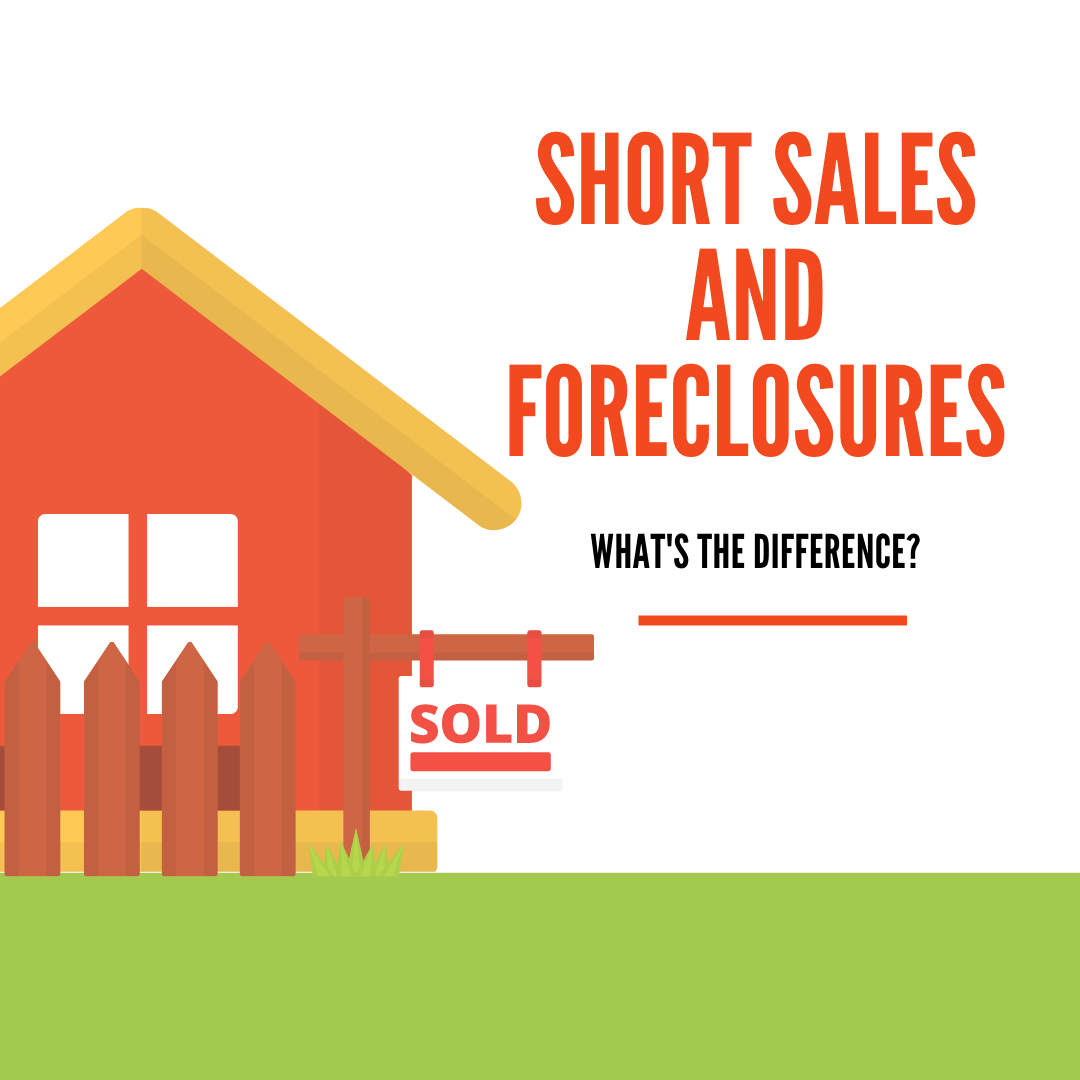 You may be seeing the terms Short Sale and Foreclosure being tossed around in the Real Estate World, and while most American’s have a rough idea of what the two mean, there are a few very distinct differences between the two. While in both cases the owner of the property has for one reason or another, lost the ability to pay for and tend to their home, the way they go about forfeiting and potentially selling their property via a Short Sale or Foreclosure are quite different.
You may be seeing the terms Short Sale and Foreclosure being tossed around in the Real Estate World, and while most American’s have a rough idea of what the two mean, there are a few very distinct differences between the two. While in both cases the owner of the property has for one reason or another, lost the ability to pay for and tend to their home, the way they go about forfeiting and potentially selling their property via a Short Sale or Foreclosure are quite different.
Related: Do I Have to Accept the Highest Offer?
Short Sale
A Short Sale is only allowed when the homeowner communicates with their lender regarding their inability to pay their current mortgage/loan. In a Short Sale the lender gives the homeowner/borrower approval to list the property and cease payments. All sale negotiations and approvals are dealt between the buyer and the lender, and not the real estate agent and the homeowner. Short Sales are often referred to as “pre foreclosure” as it is the lenders way of trying to recoup some of the balance they are owned from the homeowner. Once the homeowner has discussed the Short Sale with the lender, they can also request additional time in the home if needed, this allows the homeowner to live mortgage free while they try to get their affairs in order.
Foreclosure
A Foreclosure is involuntary and not something that is not communicated between the homeowner and the lender. In a Foreclosure, the owner of the home will simply stop making their mortgage payments without communicating with their lender. The Foreclosure process will not begin until you are 120 days past your first missed payment. After the first 120 days, you may be evicted and asked to the leave the property, owing the outstanding balance.
Related: Why Was my Offer Rejected?
In conclusion, with both a Short Sale and a Foreclosure you as the owner are essentially losing your home. The main difference is if you are doing so with the lenders approval or if you are simply falling behind on payments and beginning the foreclosure process. In both cases, the homeowners will often remain in the home throughout phases of the selling processes, living essentially mortgage free which can contribute to the poor care of the home and often require more elbow grease, cleaning and upgrades upon selling.
If you’re currently searching for a new home, whether it be a Short Sale, Foreclosure or traditional listing, are ready to list your property, or have any questions regarding Carolina Real Estate, please feel free to contact our office at any time.

